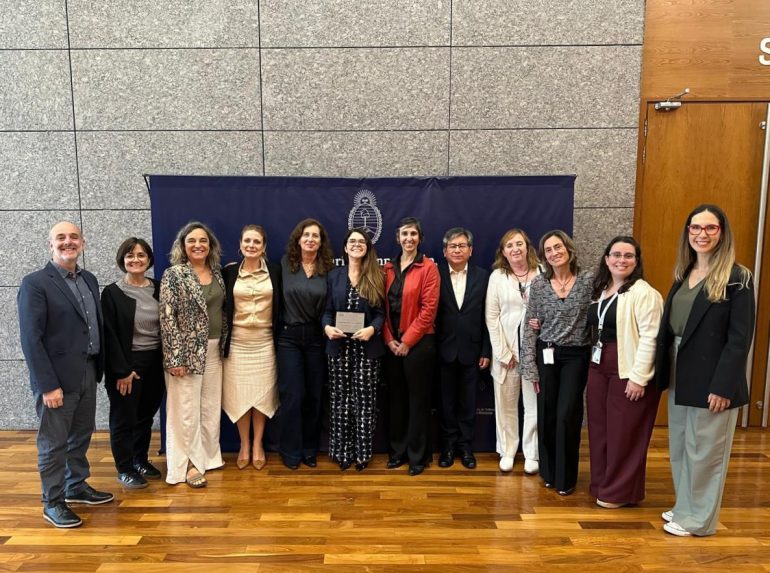Paraguay has taken a decisive step in regional scientific cooperation by joining CABBIO, the Latin American Centre of Biotechnology. The country secured unanimous approval during CABBIO’s 10th meeting in Buenos Aires, held in early November. The decision marks a strategic shift towards deeper regional integration and greater scientific visibility. Although the National Day of the Paraguayan Researcher was celebrated on 8 November, recent developments now highlight a broader ambition for Paraguay’s scientific future.
CABBIO membership opens new doors for Paraguay
CABBIO membership grants Paraguay access to advanced training programmes, shared planning strategies, and a strong regional network. These resources aim to strengthen national capacities and accelerate the country’s progress in biotechnology. The National Science and Technology Council (Conacyt) considers the achievement a major step towards turning Paraguay into a regional hub for research and development.
Paraguay was represented at the meeting by Paz Bareiro, director of human capital development at I+D, and Zunilda Medina, director of international relations at Conacyt. Their participation reaffirmed the country’s interest in collaboration, capacity building, and long-term scientific planning. CABBIO, which began in 1986 as a cooperation network between Brazil and Argentina, now plays a key role in shaping biotechnology across Latin America.
A growing scientific community
Although CABBIO membership marks a milestone, Paraguay continues working to strengthen its scientific base. Conacyt and the National System of Researchers (SISNI) report that the country has 568 recognised researchers distributed across five levels. In the meantime, another 692 applicants await evaluation, which reflects rising interest in scientific work.
Each level carries specific criteria and growing responsibilities. Early-career researchers publish their first studies, while level I scientists lead independent projects. Level II professionals supervise postgraduate candidates, and level III researchers bring international prestige. Finally, the emeritus category is awarded as a lifetime distinction for outstanding careers.
The push for long-term scientific development
SISNI, created in 2023, remains essential for regulating research activity and recognising scientific careers. Researchers stress the system’s importance for participation. On that note, Level III researcher Dr Jorge Molinas highlights SISNI as a symbol of commitment to scientific excellence. “SISNI is a recognition of effort and commitment to investigation in Paraguay. The system allows multifield collaboration, access to conferences, and international projection of national science.”
Policymakers view research as a strategic tool for national development. Knowledge production strengthens universities, supports innovation, and shapes a more competitive future. Combined with Paraguay’s entry into CABBIO, these efforts signal a stronger regional presence and a clearer path towards scientific growth.
For more information on Paraguay investing in Science, check The Asuncion Times article on the Museum of Science.


